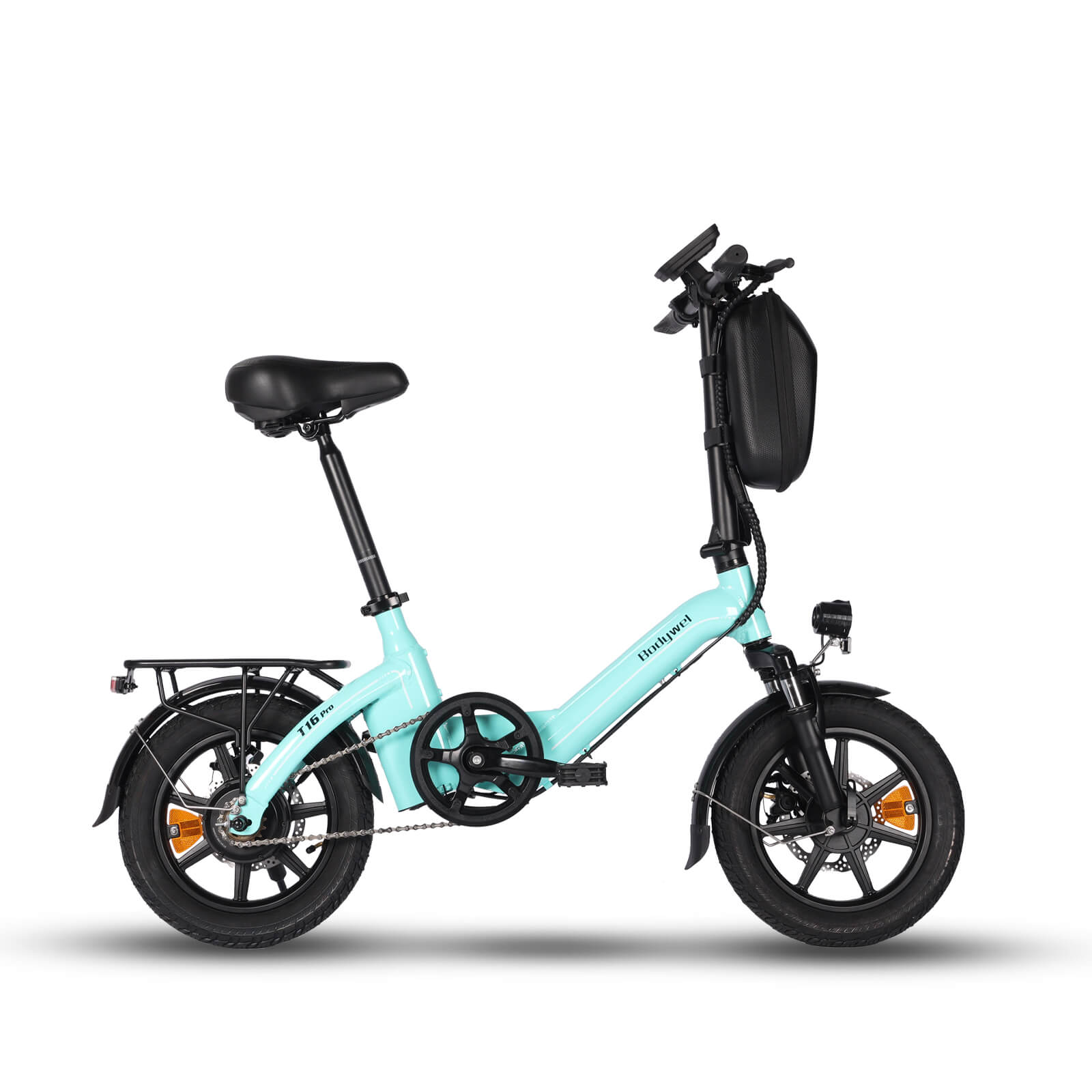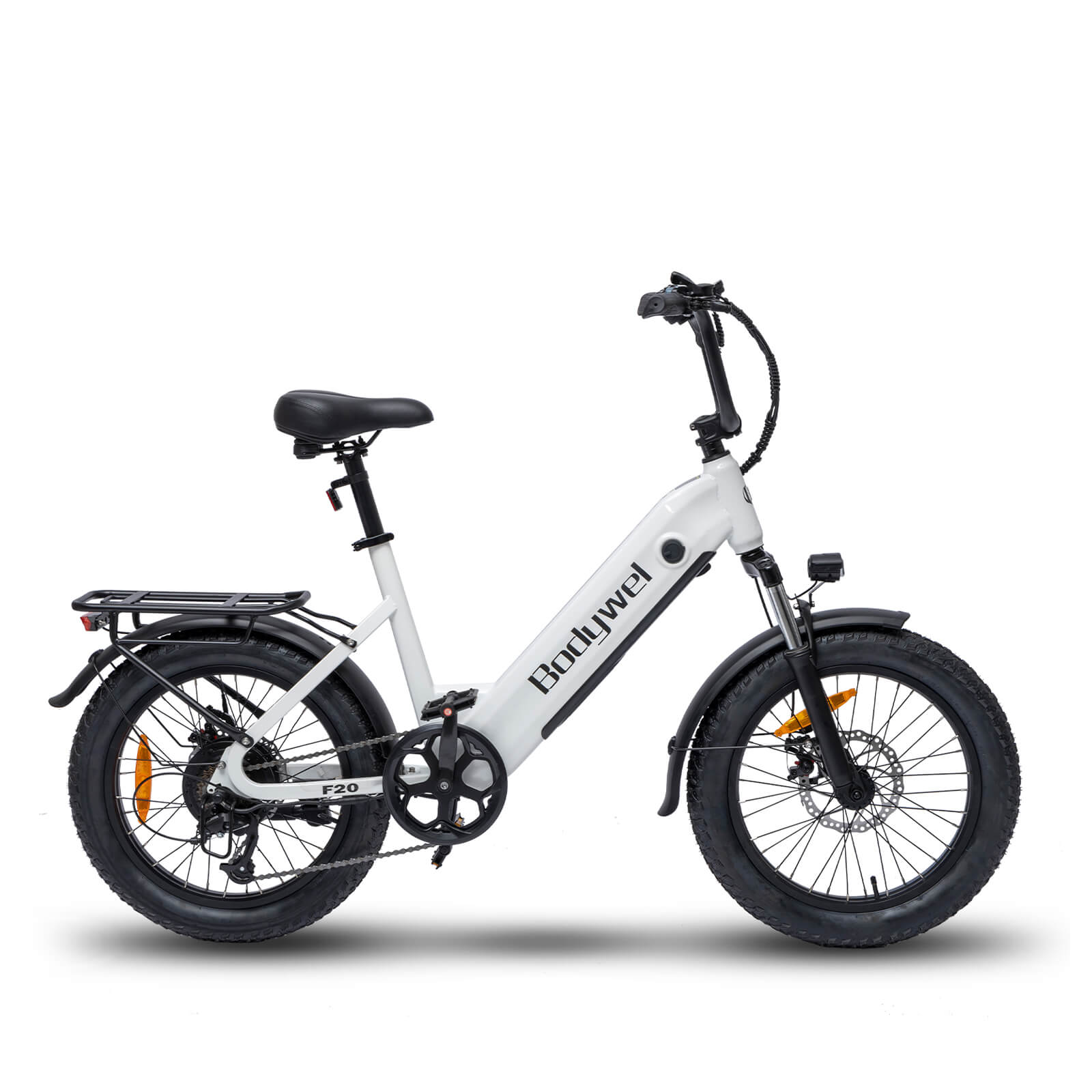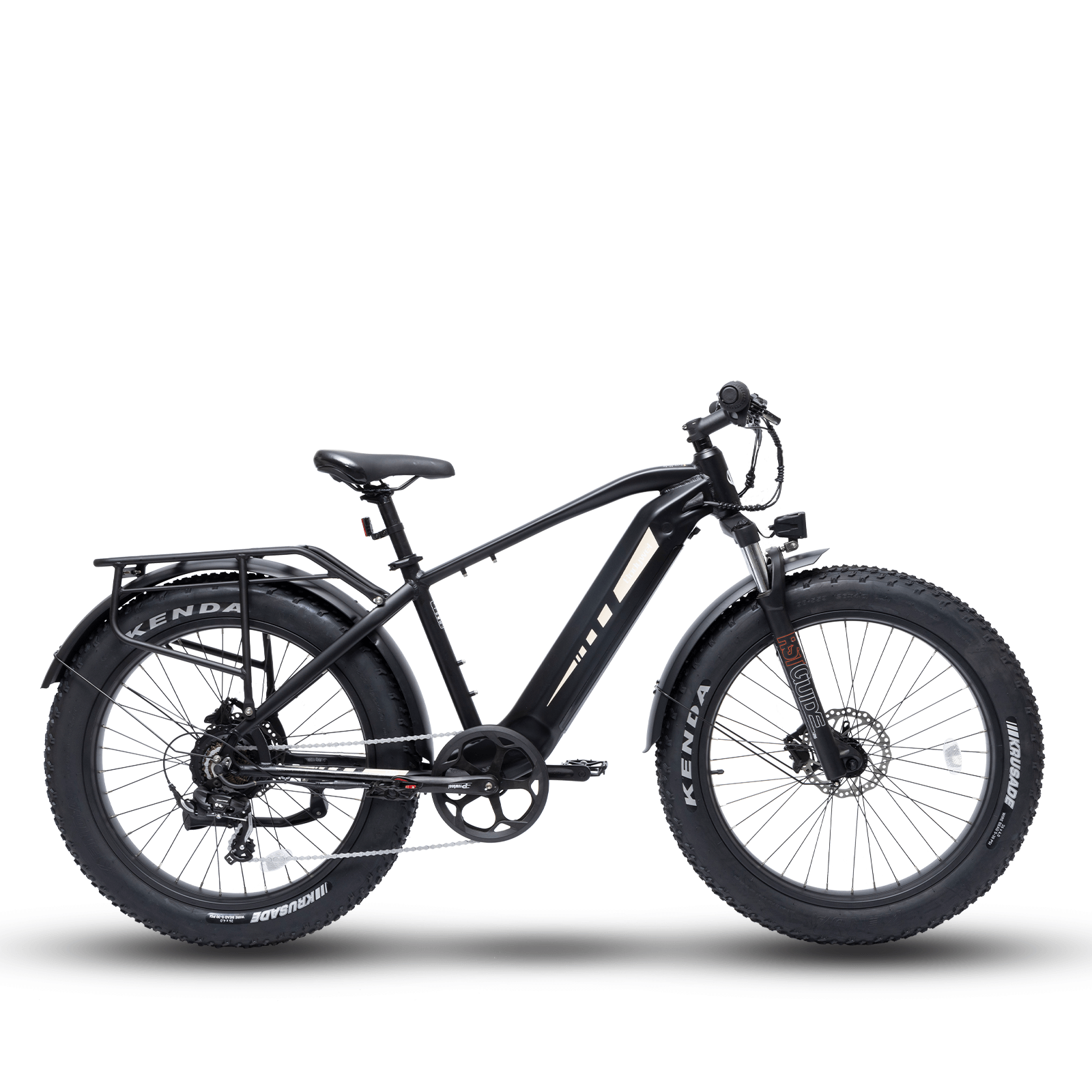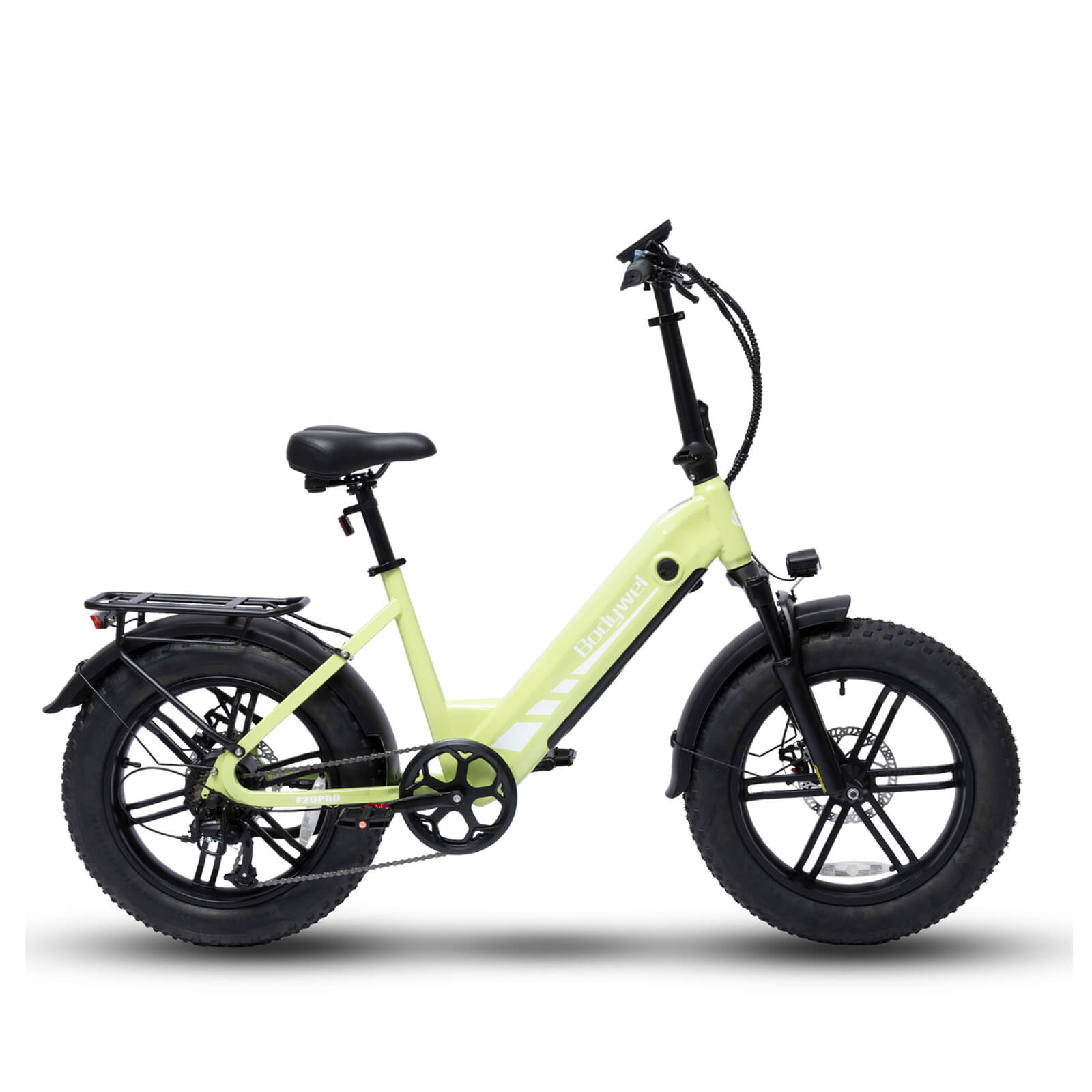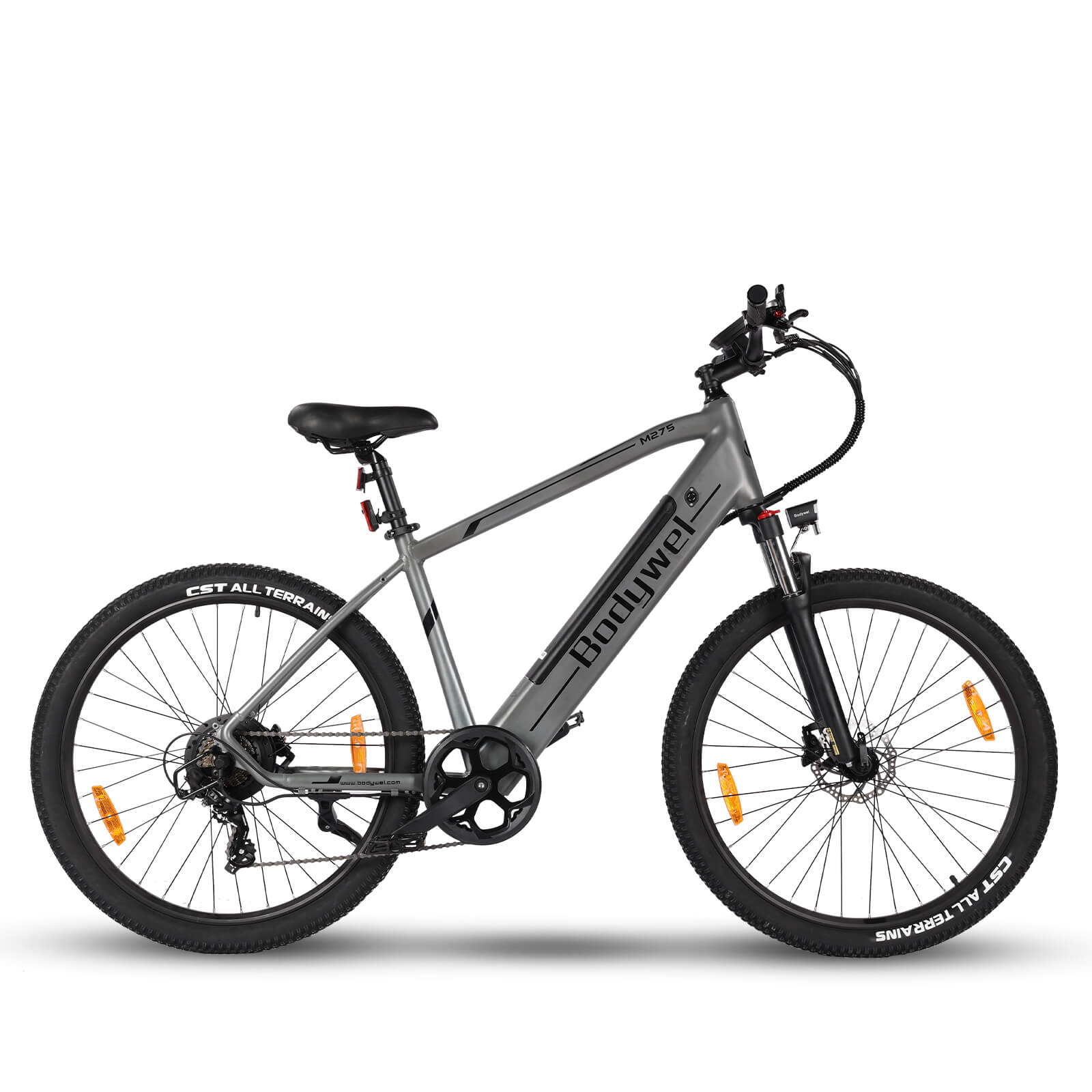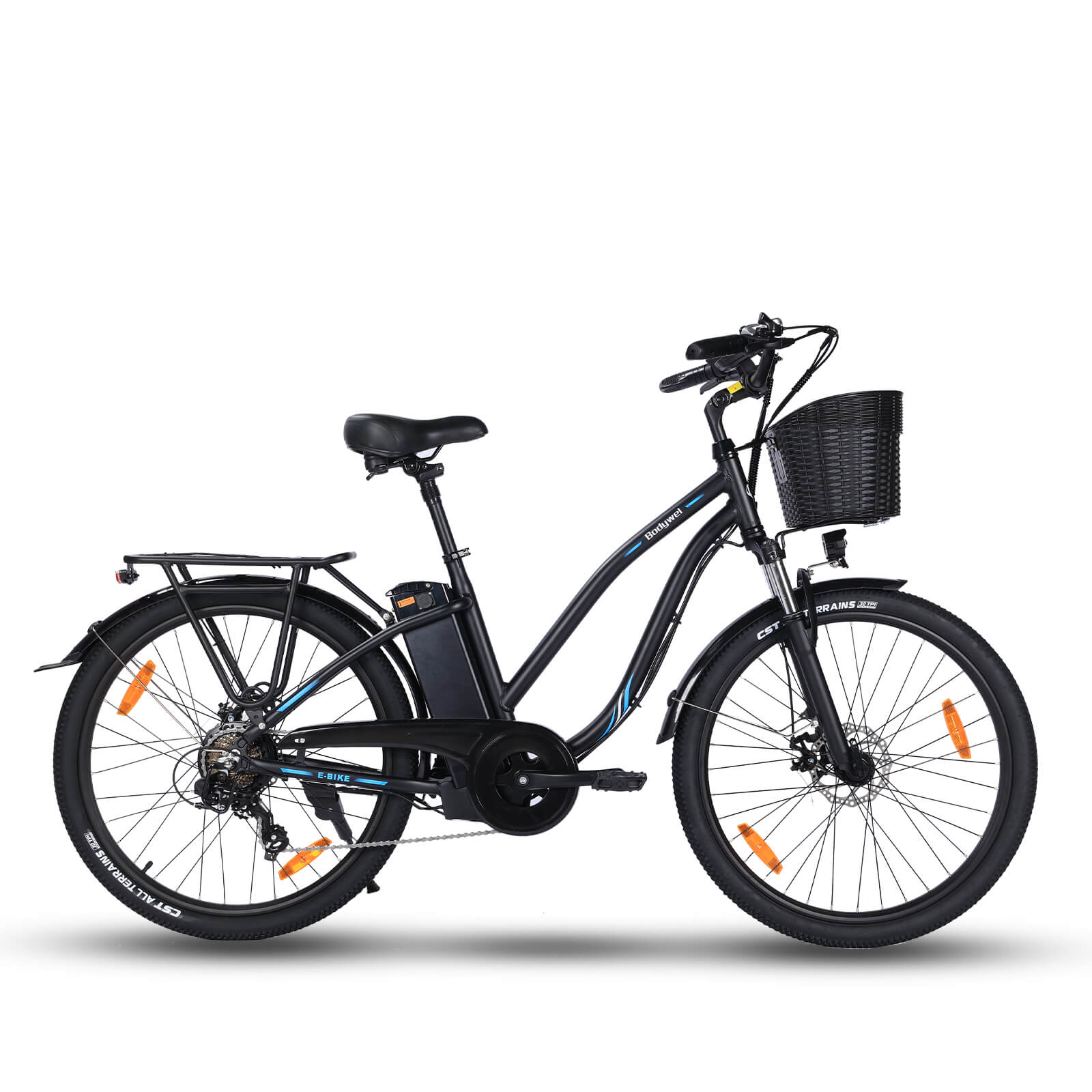5 Must-Know Benefits of E Cargo Bikes for Urban Commuters

Electric cargo bikes are transforming urban mobility by offering a sustainable, efficient, and cost-effective alternative to traditional vehicles. This article explores five key benefits for city commuters, from reducing carbon footprints to navigating traffic with ease.
Eco-Friendly Transport Solution
Electric cargo bicycles significantly reduce urban carbon emissions by replacing car trips for short-distance logistics. Unlike gas-powered vehicles, they operate on rechargeable batteries, producing zero tailpipe pollution. Studies have shown a significant reduction in emissions in urban zones where cargo bikes are used for last-mile deliveries.
Cost-Effective Commuting
With rising fuel prices, pedal-assisted cargo bikes cut expenses significantly compared to car ownership. Maintenance costs are minimal—no insurance premiums or parking fees. Businesses using electric freight bikes have reported substantial annual savings per vehicle.
Effortless Traffic Navigation
Urban cyclists often bypass gridlocks using bike lanes and pathways inaccessible to cars. E-cargo bikes with powerful motors maintain consistent speeds even when loaded, making them ideal for time-sensitive errands. Many cities have integrated cargo bike-sharing programs to optimize urban mobility.
Versatile Cargo Space
Modern electric load bikes feature modular designs—front buckets, rear racks, or extended frames—capable of carrying significant weight. Families use them for school runs, while businesses transport goods. Many models are available with weatherproof covers for secure transportation.
Health and Fitness Advantages
While the motor assists uphill climbs, riders still engage in low-impact exercise, improving cardiovascular health. A daily commute on an e-cargo bike provides a valuable amount of physical activity.
Conclusion
E-cargo bikes address urban challenges—sustainability, cost, congestion, and health—with unmatched efficiency. As infrastructure adapts, their adoption will likely accelerate, reshaping city landscapes globally.
FAQ
Q: How far can e-cargo bikes travel on a single charge?
A: Most models offer 50–100 km range, depending on load and terrain.
Q: Are they suitable for rainy climates?
A: Yes, waterproof models with puncture-resistant tires are widely available.
- Tags: e cargo bikes eco-friendly transport electric cargo bikes family cargo bikes urban cargo bikes
0 comments




